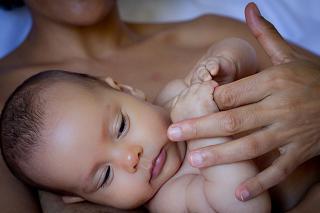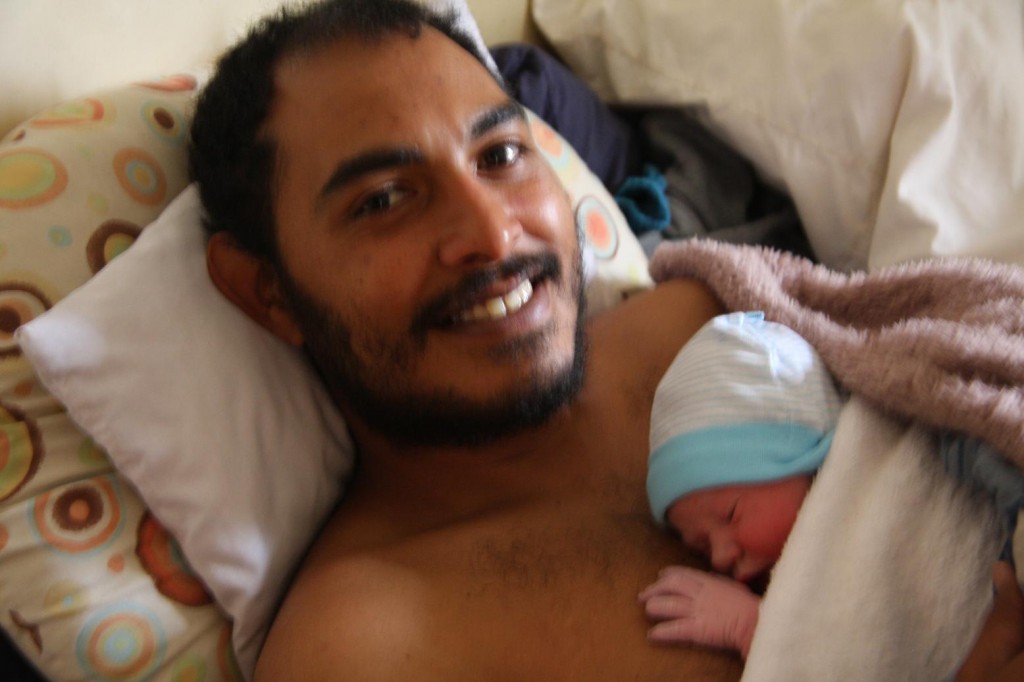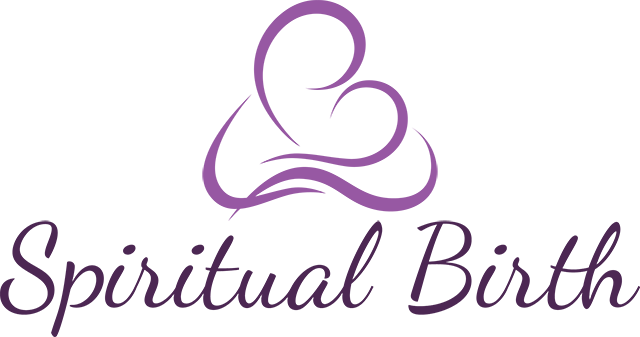The brains of rat pups who have been mothered abundantly, licked and attended to by their mothers show lifelong benefits. These pups show less anxiety, learn better, are more adaptable and more resistant to stress than rat pups who have not been attentively mothered. Rats pups who are mothered well have less stress hormones, more receptors that promote learning and show less anxiety in fearful situations (Panksepp, 2012). In other words, ‘abundant maternal care’ animals are more resilient and less overwhelmed by stressful life events. Oxytocin and vasopressin are hormones that help to regulate memory and cognition in the brain. Ahern and Young (2009) have done research on the parenting behaviour of prairie voles and found that good parenting by BOTH PARENTS leads to lasting effects on the patterns of brain chemistries, especially the hormones oxytocin and corticotrophin. As Panksepp says ” the ways in which motherly and fatherly care help nurture the brain are of great importance for understanding how altruism, compassion and empathy become possible.
It can therefore be surmised that violent tendencies in humans occur when good parenting has been absent. If we wish for a peaceful future and less global conflict, we need to pay attention to what happens in the early months and years of our children’s lives.


